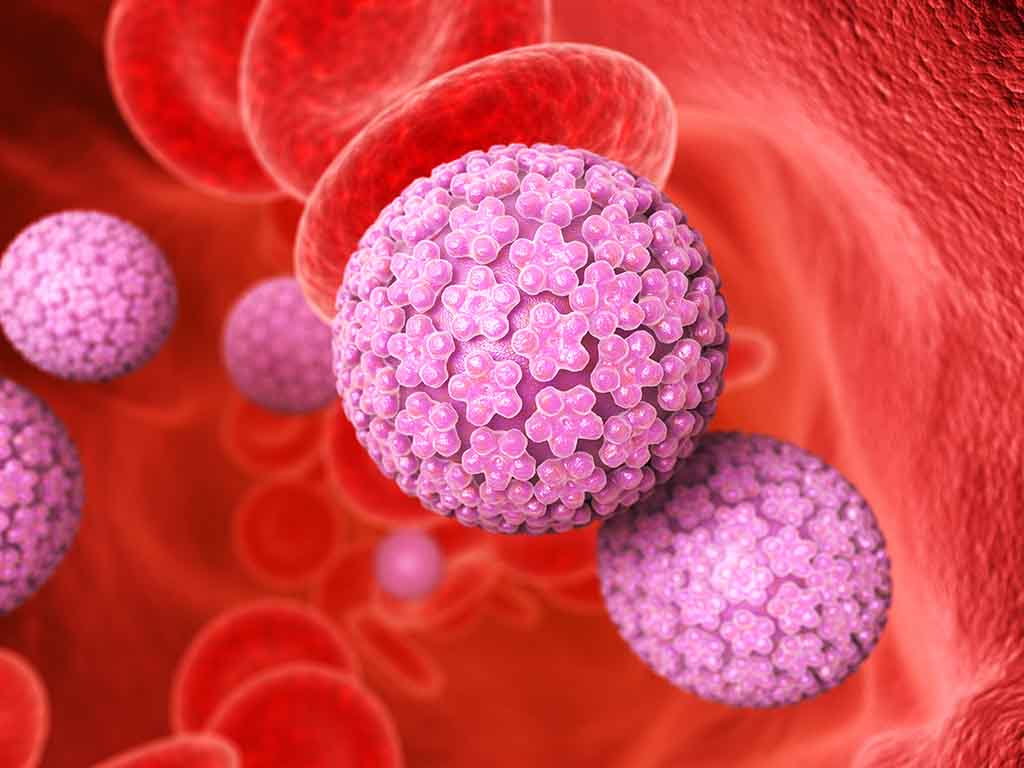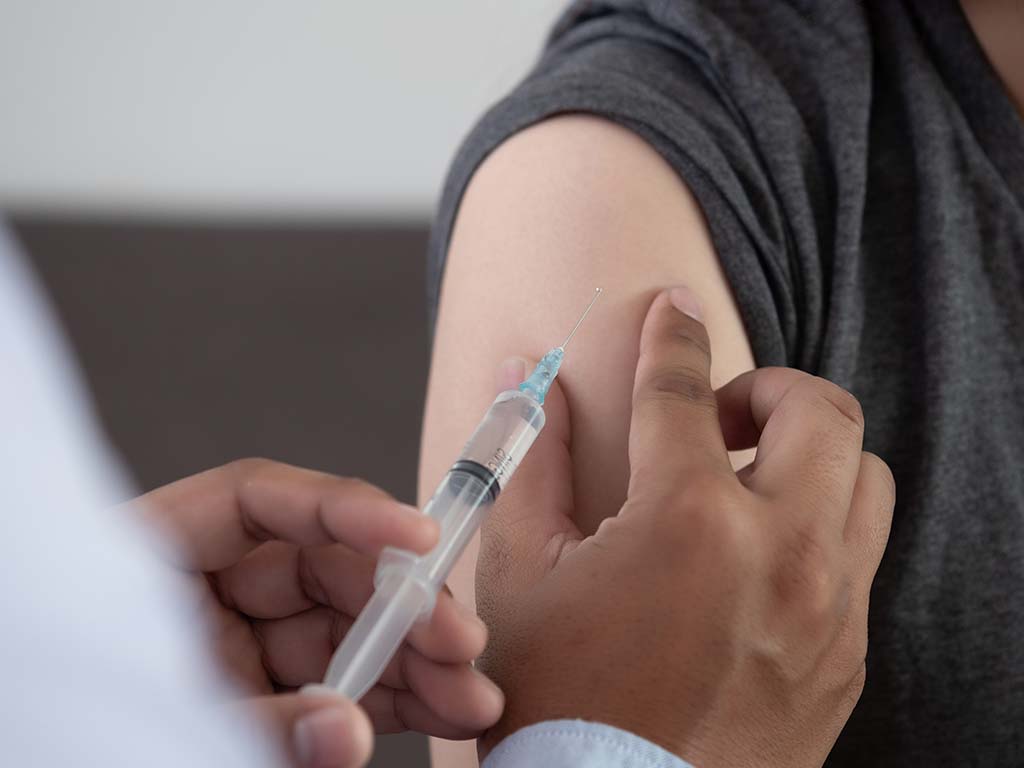Cervical Cancer Screening
Introduction
What is Cervical Cancer?
Cervical cancer is not always well-understood but this type of cancer is the 9th most common types of cancer for women in Singapore. The average female has about a 0.68% risk of developing cervical cancer in her lifetime.
While these odds seem low, it remains important to have regular screening. The age of the women most commonly diagnosed with cervical cancer includes 30-34 and 80-84 although it can occur at any point in life.
The cervix is a structure located at the end of the uterus and opens into the vagina. The leading cause of cervical cancer is Human Papilloma Virus (HPV). It is most commonly transmitted through sexual contact, although it can be transmitted through close skin contact.
Also read: STD Treatments related to HPV

Did you know?
Human Papilloma Virus (HPV) is most commonly transmitted through sexual contact, although it can be transmitted through close skin contact.
In addition to cervical cancer, it can also cause vulva and vagina cancers, as well as genital warts and anal and throat cancer in men and women.
When the cervix is infected by some high risk strains of HPV, the cervical cells may become inflamed and grow in an abnormal manner, leading to cancer.
The only good news about this type of cancer is that early detection and treatment lead to good outcomes in most cases.
Signs & Symptoms

What are the signs and symptoms of Cervical cancer in Singapore?
While this type of cancer can affect any woman, there are a few risk factors that increase the chances of cervical cancer:
- Having multiple sexual partners
- Being sexually active at an early age
- Smoking
- Using oral contraceptives more than five years
- Compromised immune system
Even if you don’t have these risk factors, it is still important to know the signs and symptoms although these may not always occur even in women who have cervical cancer. The most common symptoms include vaginal bleeding and discharge and bleeding after intercourse.
The most common symptoms include vaginal bleeding and discharge and bleeding after intercourse
Causes
How can I protect myself against cervical cancer?
The good news for women is that there are two primary ways to protect yourself: Have regular screening done and vaccinate against this type of cancer.
The current guidelines recommend that women in the age range of 25-69 and sexually active should undergo routine pap smears every three years. Those that are age 30 and older should have a HPV test in addition to the pap smear every five years. There may be different recommendations based on your risk factors, hence you should check with your doctor if a more regular testing is needed.
Schedule a cervical screening at least five days after the end of your menstrual period. The presence of any menstrual blood may affect the test sample outcome so avoid having any screening done during your period.
Read also: Menstrual disorder
The two ways to screen for cervical cancer include having a pap smear and HPV test performed.
Pap Smear is a bedside procedure performed by a doctor who will use a speculum and brush for a tissue sample from the cervix. The cells collected will be tested for any pre-cancerous changes. Abnormal pap smear result does not necessarily mean that you have cervical cancer. The abnormal cells that develop may also be caused by an infection or hormone changes that occur after menopause.
HPV testing uses a cervical swab test to screen for any high risk HPV strains. This testing can be done at the same time as a pap smear although it is not always required. Detection of any high risk HPV strains will be shown as a positive result. However, a positive test does not necessarily indicate cancer. Studies done have shown that in most cases, a HPV test will become positive before cervical cancer is diagnosed.
Treatment

Vaccinating Against Cervical Cancer
Many people have already had this vaccine as a part of their medical history. This vaccine is a HPV 9-valent vaccination that protects against the nine most common strains of HPV. Both males and females from ages 9-26 should receive this vaccination although the FDA recently approved it to be done in any female up to 45 years old.
- This vaccine should also be given for anyone who has been previously sexually active. It is possible that you may have been exposed to certain strains of the HPV virus, but there may still be strains that you have not been exposed to – which means that the vaccine will offer you some protection.
- One common misconception with the vaccination is that it eliminates the need to have screening performed. Keep in mind that there are over 150 strains of HPV viruses and the vaccine only protects against nine of them. Women who have been vaccinated should still have a routine pap smear when they are sexually active.
- It’s also important for men to receive the HPV vaccine. This vaccine is beneficial in reducing risks of developing genital warts and anal cancer that can appear in both men and women.
What happens during a Cervical Cancer Screening?
If you have not been tested for cervical health, it is important to schedule an appointment for cervical health screening and to check if you have been vaccinated in your medical history.
During your appointment, your doctor will advise you on how often to have the testing performed to keep your risks low. Our healthcare providers will also help you to keep track and remind you when your next dose is due.
When it comes to cervical cancer, the vaccination should also be accompanied with regular screening to help you monitor for any abnormalities that can affect your cervix and aids in early detection of potentially cancerous cells. Make sure to also talk to your healthcare provider about any abnormalities such as bleeding, pain, or abnormal discharge that you may have noticed.
Cervical Cancer Screening
Cervical Cancer Screening will consist either a Pap Smear or testing for the HPV (Human Papilloma Virus)
Task
During your consultation with the doctor, the above options will be discussed with you to see which best suits your needs.
-
Date
May 30, 2021
-
Skills
Cervical Cancer Screening, Female Doctor Consultation
-
Client
Dr Eugena Tay

